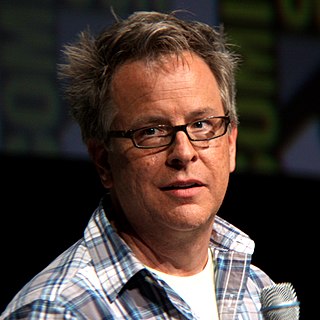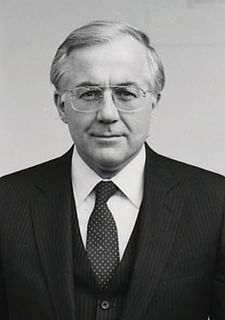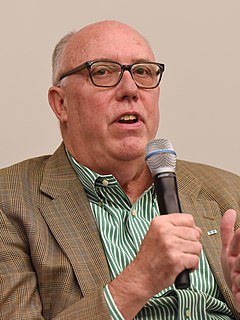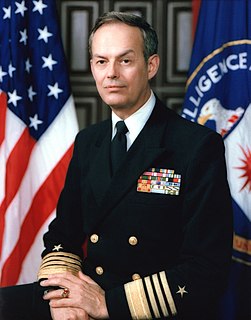A Quote by Roger Mudd
The ethics of editorial judgement, however, began to go though a sea change during the late 1970s and 80s when the Carter and Reagan Administrations de-regulated the television industry.
Related Quotes
In the past, the U.S. has shown its capacity to reinvent its gifts for leadership. During the 1970s, in the aftermath of the Nixon abdication and the Ford and Carter presidencies, the whole nation peered into the abyss, was horrified by what it saw and elected Ronald Reagan as president, which began a national resurgence.
When my father was, you know, a very big artist in the 1970s and then later up through the '80s. And then I began playing guitar with him in the road in the late '80s until he retired in 1997. So I traveled the world with them for years, you know, and all around the world and got to meet some great people.
For a Nebraska kid in the late 1970s and early 1980s, Nebraska football was a quasi-religion, so I ran out to get The Omaha World-Herald every morning, salivating for the sports page. My dad, however, required that I read one front page story and one editorial before I was allowed to turn to the sports.
Take the [1980] Jimmy Carter-Ronald Reagan debate. Carter kept trying to imply that somehow Ronald Reagan was going to push the button, or was irresponsible with nuclear war. You might have been able to make the case that Carter was responsible. But it's very tough when you see a person with Reagan's nice-guy persona up there to believe this guy somehow wants nuclear war, that he somehow wants to antagonize the Russians into an attack. It's just not credible; it doesn't cut with what all your other senses are telling you.
Back in 1980, the conservative movement was all-in for Ronald Reagan. Once Reagan won, they all wanted to be on the team. It was a landslide. Everybody wants to bask in that glow. And then as the Reagan years began, then the Republicans, certain members of the party began to individually fall out and start talking about problems they had, secretly telling the media they thought Reagan was a dunce and a danger to world peace, adopting the Democrat line that Reagan's finger on the nuclear button couldn't be trusted.
It was simply impossible to support Carter for reelection in 1980 and easy for me to support Reagan. The Reagan campaign was happy to have Democratic support, and the Reagan administration was happy to have Democrats in it; they took the view that, after all, Reagan himself had been a Democrat, so it was not a strike against you.
Television is making, there was in independent film renaissance late '80s through the mid-90's. It was an amazing time. Television is doing that right now. So that's why everybody wants to do it. I mean if you're writing stuff like, you know, Fargo, or True Detective, or any of these things that are on, Breaking Bad, there are no rules in television.
































